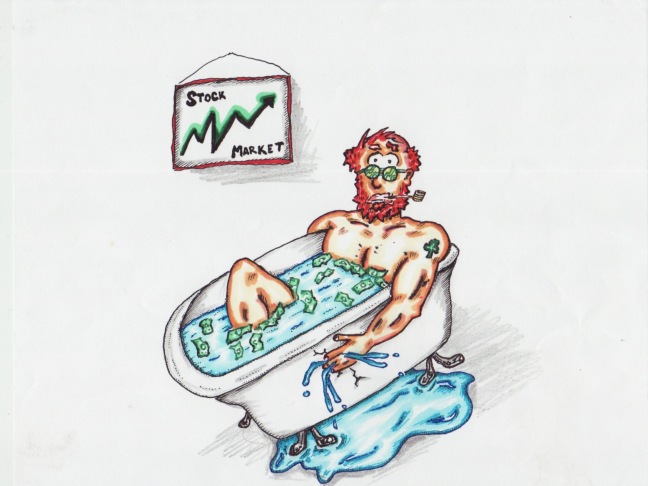For years we see our poor economy that despite improvements in GDP fails to have trickle down effect never reaching the lower hierarchy. In fact the chasm between the haves and haves not has increased as each year passes by. But interesting enough despite poor GDP numbers many large enterprises have posted their growth in double digits. Wealth has increased but in certain segments of society only. Confusing isn’t it. Then we hear why some large international groups might be interested to invest in our country as soon as things start to improve. Some introspection has resulted in the following interesting information worth sharing as it is certainly thought provoking.
It is believed by some that the GDP alone does not truly give the correct picture of health of the nation and needs to be replaced by more relevant tools. Definition of Gross Domestic Product (GDP) is that it measures nation’s economic performance as it is determined by the market value of all final goods and services and has been used since 1934. Thus the world’s top economies have been using this system to gauge their growth for such a long period of time despite the fact when this system was coined it was to show the good side of the governments at that time and things have changed drastically since then.
The Organization for Economic Cooperation and Development (OECD) annually issues a report based on a study of 140 countries, indicating the levels of happiness in those countries. For at least the last decade, European countries such as Denmark, Finland, and the Netherlands and other countries such as Canada, Australia and New Zealand have ranked at the top and the U.S. has not made the top 10!
As the satisfaction and success of life in countries that are economically behind those that are growing faster or have more cumulative wealth is higher than those that are wealthier raises new questions. Are we really measuring the right parameters to gauge success? Is this confusion leading us to a chaotic path?
World experts on the subject of happiness, Dr. Ed Diener and Dr. Sonja Lyubomirsky and Dr. Martin Seligman, have concluded that beyond the basic level of necessities to support life, such as adequate, food, water, housing, the following things can increase happiness levels: meaningful close relationships; a positive, optimistic frame of mind; accepting responsibility for your life; being engaged in meaningful work; living in the present; and practicing an altruistic life, including gratitude, forgiveness and compassion.
An alternative measure, called the Social Progress Indicator originated by the World Economic Forum and advocated by the Social Progress Imperative and Harvard Business School Professor Michael Porter. The Social Progress Indicator examines how countries perform on 52 indicators related to human needs, and foundations of well-being. Norways followed by Sweden top the list where as the U.S. comes in at number 16 and Pakistan ranks at 122 (2015)!
“The Index defines social progress as the capacity of a society to meet the basic human needs of its citizens, establish the building blocks that allow citizens and communities to enhance and sustain the quality of their lives, and create the conditions for all individuals to reach their full potential.”
The Index combines three dimensions – Basic Human Needs, Foundations of Wellbeing, and Opportunity. Each dimension comprises four components, which are each composed of between three and five specific outcome indicators. The included indicators are selected because they are measured appropriately, with a consistent methodology, by the same organization across all (or essentially all) of the countries in the sample. Two key features of the Social Progress Index are the complete exclusion of economic variables and the use of outcome measures rather than inputs.
In a country like Pakistan, a poor but developing country that keeps on grappling with growth and running after GDP targets as a measure of success is handicapped as it is unable to deliver returns to its masses that outnumber the resources. The failures are of course not only related to this fact in discussion but due to governance and management at large but the focus on the GDP doesn’t help everyone?
If we were to focus on Social Progress Indicators we would be more interested in number of students graduating or getting jobs instead of number of schools constructed. We would not only focus on opening up of new hospitals but how many lives saved or improved. We would focus on job creation more than setting up new industrial zones. We would focus on creating wealth through entrepreneurship instead of distribution of wealth!
Chris Meyer and Julia Kirby, writing in the Harvard Business Review Blog and authors of a forthcoming book, Standing On The Sun , argue that “exclusive reliance on economic measurement has aligned Western Capitalism around managing the financial resources that don’t create value.”
We are not blessed with the liberty of wasting time and we need to learn from others what they missed and not necessarily repeat the same mistakes in order to complete the journey as a nation. Can we align ourselves correctly and focus on what matters to our people so we can gain the lost trust and grow together? Let’s create value!


